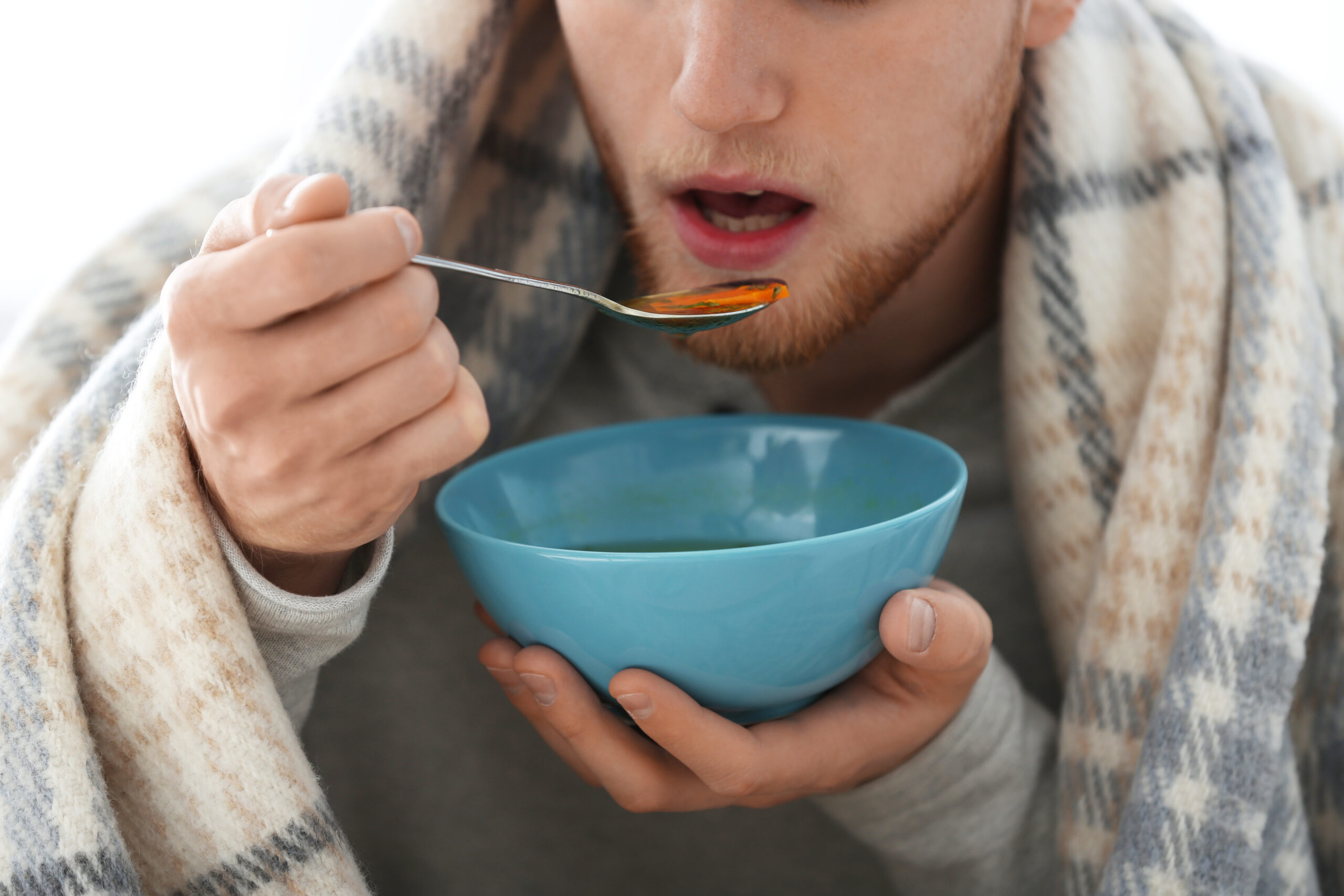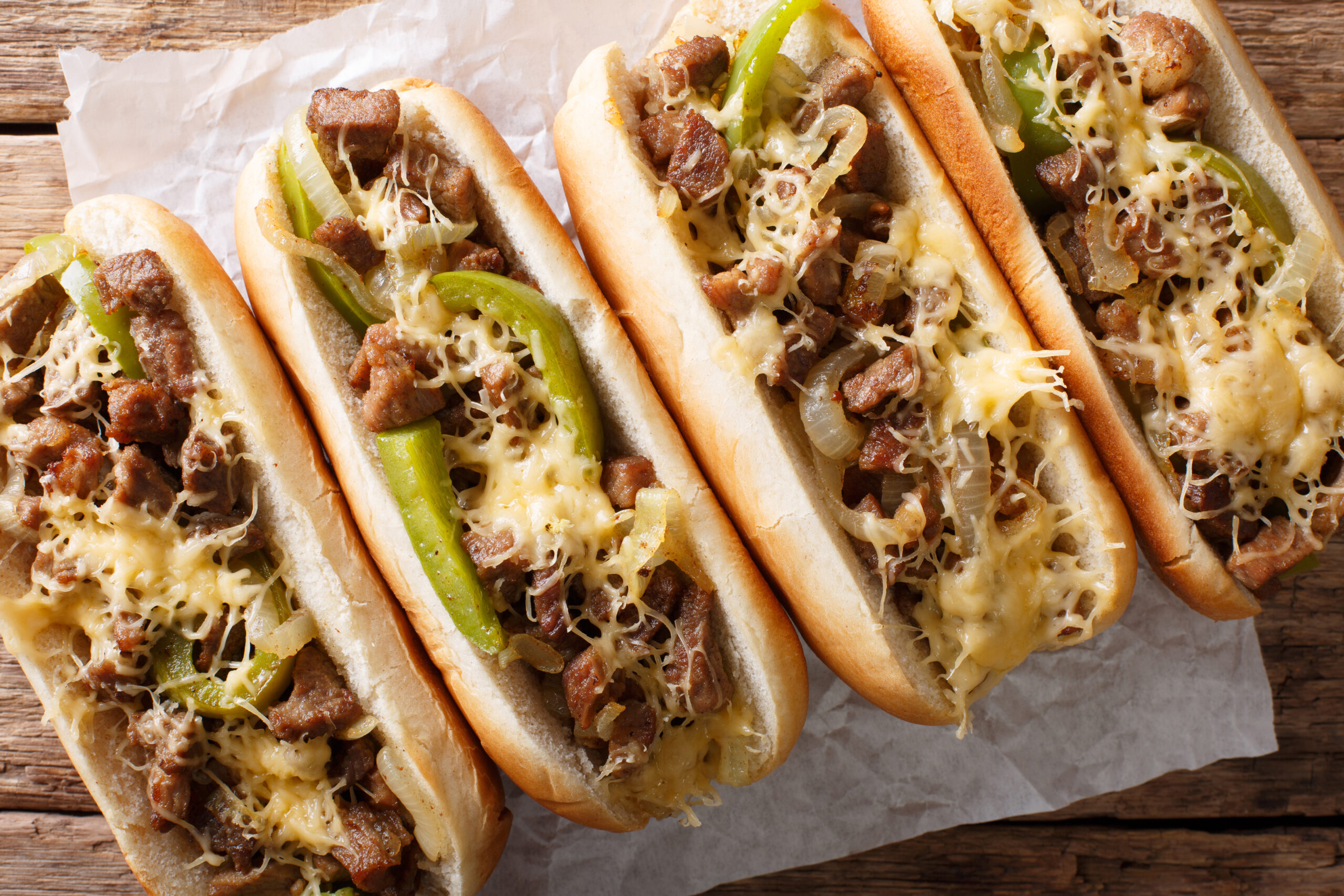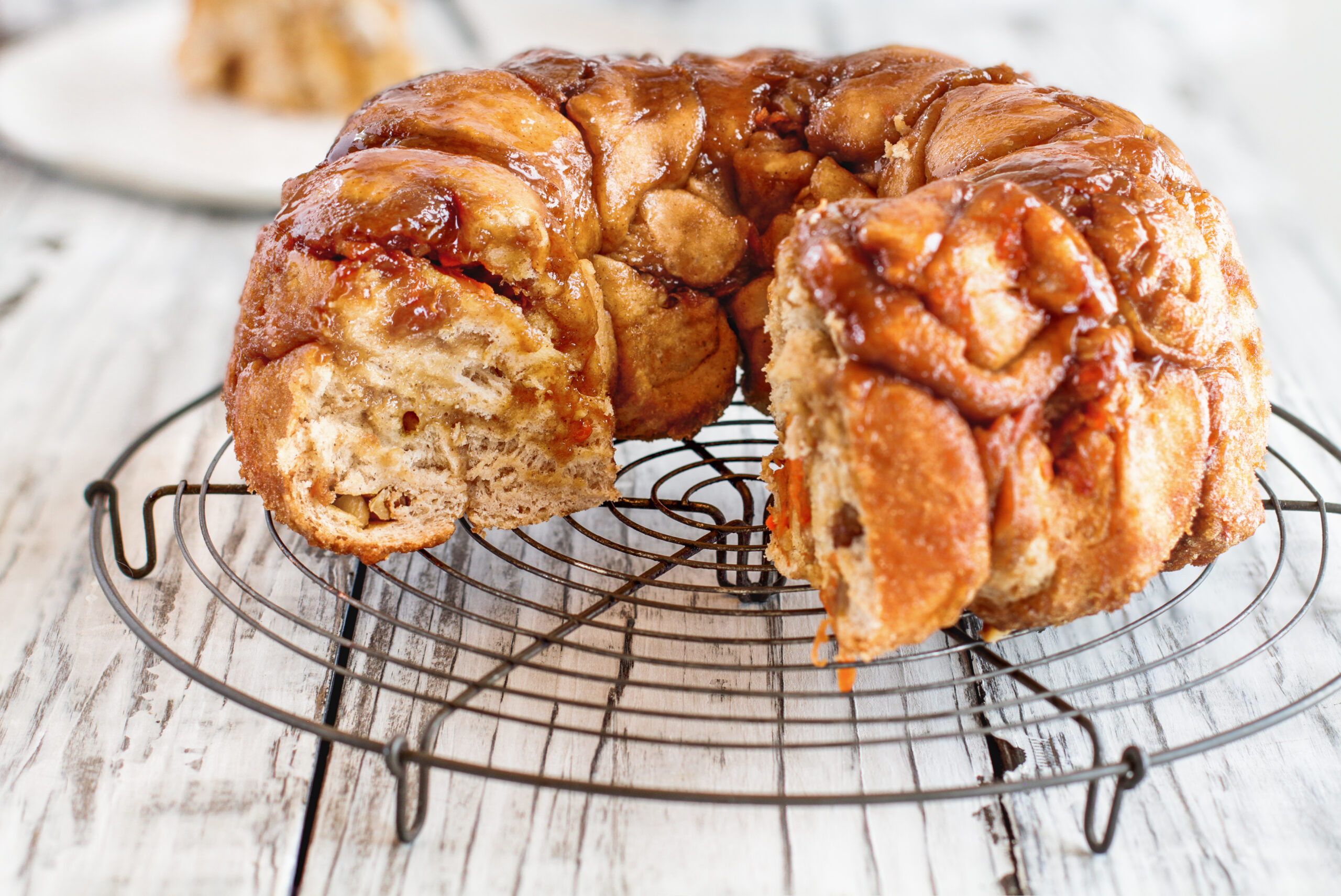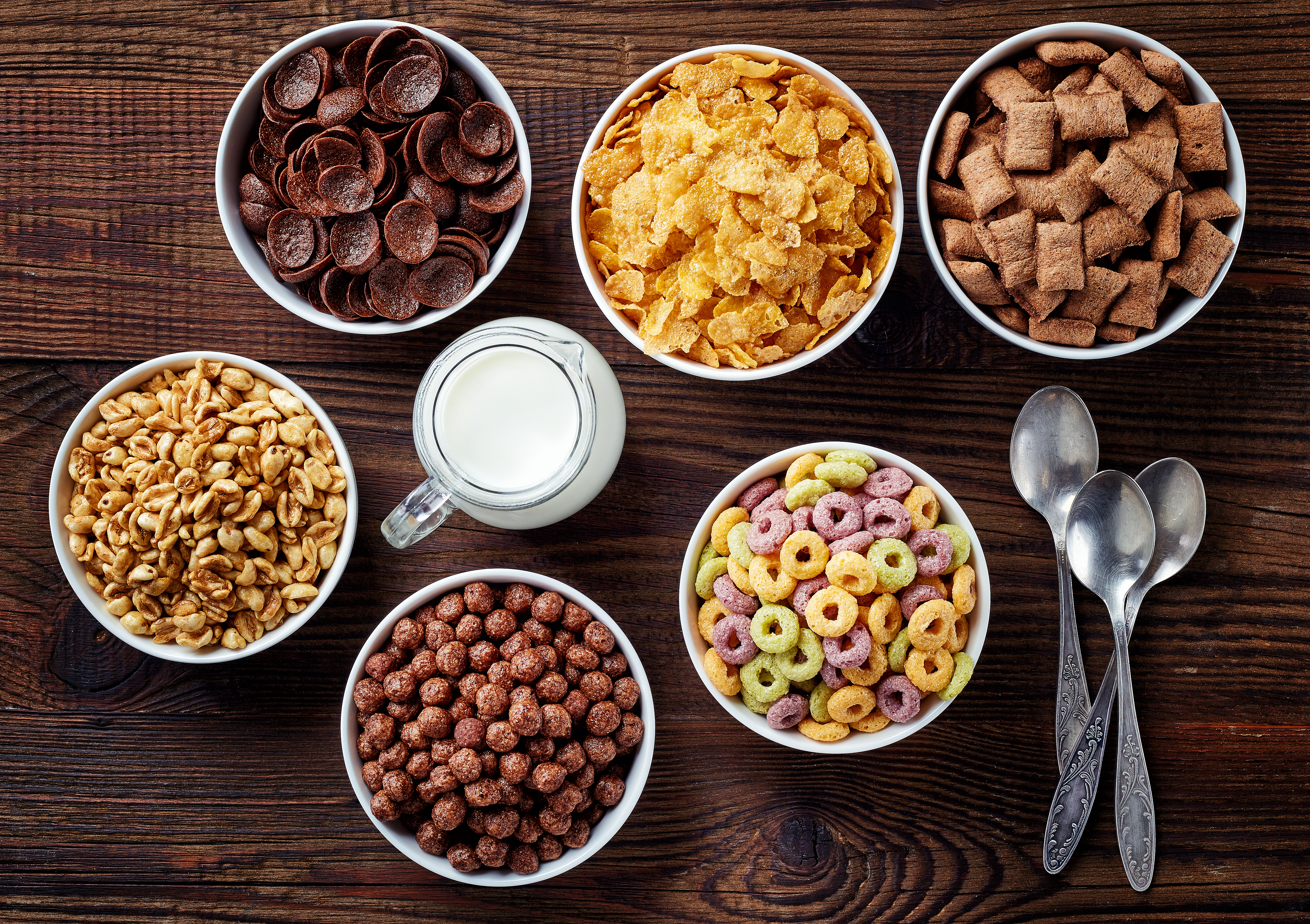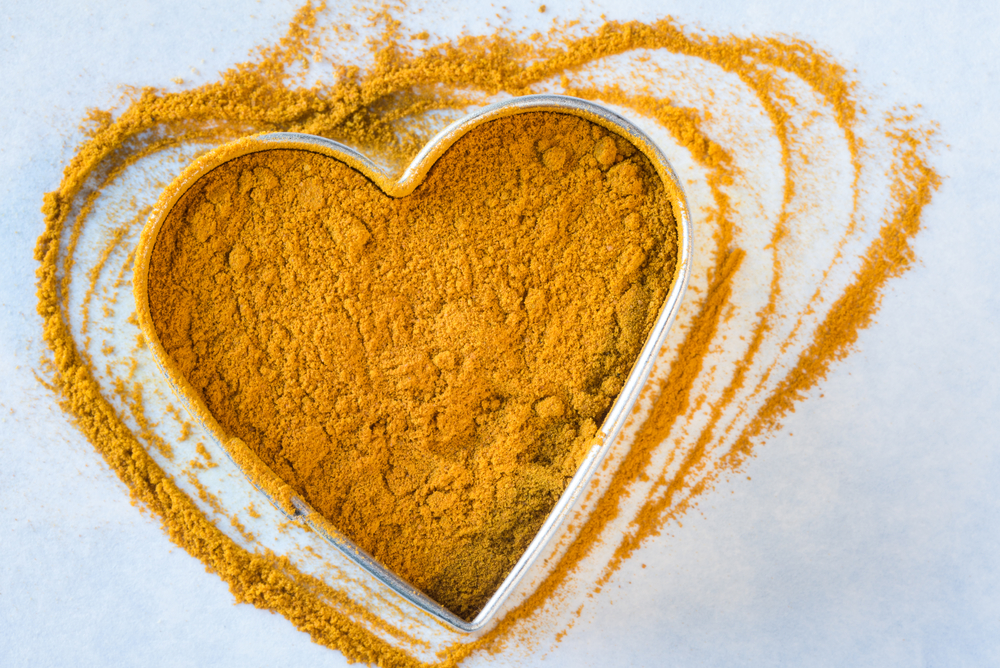The Best Ways To Make Your Food More Flavorful
Cooking like a five-star rated chef doesn’t have to be very difficult. Have you ever gone to a restaurant and thought how did this fish contain so much flavor? Maybe you even recognized flavors you never thought were possible in a dish. It’s all about little secrets and tricks that that can help you make your next meal boasting with flavor We have researched and compiled 20 ways to make your food more flavorful. Surprise your family or friends with your next outstanding meal by using these tips and tricks, they’ll be bound to believe you ordered it from a restaurant.
1. High Heat Cooking
Cooking your meat at high heats can actually add extra flavor to your meal. High heat cooking includes pan-searing, grilling and broiling. All three tools help you brown the meat.
Make sure to not burn or overcook your meat as it can actually deplete the flavor and dry your meat out.
2. Caramelizing
Caramelizing is actually considered another form of browning process. It generally brings out the natural sweetness of the food. To properly caramelize it’s important to cook on medium heat until your food is a golden caramel in colour.
This tactic is great for caramelizing onions or even mushrooms. Caramelizing will intensify the flavors and aromas.
3. Use The Fond
If you don’t know what fond is, then we are going to blow your mind. Fond refers to the brown charred bits that are found in the bottom of your pan when you are cooking. On the regular, you might be tempted to put that pan aside, and use some elbow grease to get it off later. But alas those caramelized browned bits have an alternate and tasty purpose.
To release the browned bits from your pan add liquid such as wine, broth or juice to loosen them up on your hot pan. Make sure to use a wooden spoon (so you don’t scratch your pan) and scrape the bits free to incorporate them into sauces for your dish or even save for soups and stews.
4. Good Quality Condiments
Using good quality condiments to cook with or serve with your meals will make all the difference to the flavor of your meal and adding additional flavors by using something such as a dipping sauce.
Some great condiment choices include horseradish, wasabi, bean puree, flavored mustard, salsa and so many other great choices. For example, you could use salsa to marinate and cook your chicken to add extra flavor, or you could even use wasabi to add an extra hot kick to your dish.
5. Marinade
A marinade is generally made up of three components; acid, oil and herbs. The acid helps open up the meat structure so that the flavors can penetrate to the meat. However, marinades generally only penetrate the surface.
Meats such as chicken and fish are best marinated because the muscle structure is less dense. When marinating something like a steak, it’s important to cut it into smaller pieces to marinade because its muscle structure is much denser it is harder to penetrate.
6. Use The Fat
When you are wanting to maximize the flavor of your meat it’s important to use the fat to your advantage. Most of the flavoring is held within the fat instead of the meat itself.
There is a reason why bacon holds so much flavor. Areas of the animal that aren’t used as much, such as the pork belly (where bacon is cut from) use up less energy resulting in a fattier piece of meat. As well, buying a piece of beef that is marbled in appearance is considered to hold the most flavor. Although you may not eat the fat it is important to cook with it when wanting to get the most flavor out of your meat.
7. Use More Alcohol
Drinking alcohol can do more than compliment a tasty meal. It can be used as a secret tool in the kitchen. Similar to salt, alcohol brings out the flavor in food.
It doesn’t matter whether you’re cooking with liquor, beer or even wine, the boost of flavor is created by the evaporation and molecular bonding. Cooking with alcohol to add flavor is a great idea because it bonds with the fat and the water molecules. This helps close the gap to our aroma receptors. Our aroma receptors only respond to molecules that can be dissolved in fat whereas food generally consists primarily water. This is important because delicious flavors come from the aromas in the nose instead of taste in the mouth.
8. Add Acid
If you’re looking to add something extra to your meal but want to skip out on the salt or butter then adding an acid might be the perfect alternative for you.
Acids can include lemon juice and also commonly used, vinegar. These can be used to brighten the flavors of your dish. There are many types of vinegar that you should keep on hand in your pantries such as white vinegar or even better red wine vinegar. The red wine vinegar can help brighten a flavor of meat or it can help balance a soup that may have turned out too salty.
9. Add Zest
Using the zest from a lemon, lime and even an orange can be a huge game changer. If you’re trying to make your fruits go as far as possible instead of composting their peelings, add them to your dish.
The best aroma compounds are found in the skin, specifically the outer layer, not to be mistaken by the white layer on the inside. Zest compliments many desserts, whipped toppings and even fish very nicely.
10. Fresh Tangy Juices
The key word in this titles is fresh. It is so important to use fresh lemon and lime juices when adding it to your meals. It will make all the difference.
When citrus sits around it loses its once vibrant flavors and can make your cooking feel dull and flat. Simply juice your lemons or limes before adding them to your dish.
11. Fresh Ground Spices
Spices can lose their flavor quickly if they are exposed to heat as well as air. As soon as you grind spices they’re automatically exposed to air which will result in a faster aging process. To maximize their flavor is it best to keep your spice in whole seed or pod form and grind as you need them.
If you don’t buy ground spices you can even go an extra step if you want to get maximum flavor out of them. You can achieve this by toasting the spices in a dry skillet before you grind them this gives them a nutty and earthy aroma.
12. Roasting Vegetables
Roasting your vegetables can not only improve their texture but also improve their flavor. You can turn almost any vegetable that has an earthy flavor, such as beets into a delicious vegetable. While some people love the flavor of beets some do find them to be bitter. All you have to do is roast them and that can help cut off the edge off.
The best kind of vegetables to roast are root vegetables such as potatoes, parsnips, sweet potatoes and carrots and so many more. It’s important when coating your vegetables with oil not to over-oil them. You want enough so that they are lightly coated (they appear glossy) but not enough that the oil pools in the bottom of your dish. You’ll get the maximum flavor once your vegetables look nice and toasty.
13. Cook In Season
The best way to maximize the flavor of grown foods is to make sure you cook what is in season. This might be harder if you’re a picky eater and have a small list of what you can enjoy. But when the opportunity arrises try to always buy in season.
When fruits or vegetables are grown in-season it is easier for you to source them locally which results in having fresher produce. In contrast, when your produce is flown in they likely weren’t picked riped and were ripened during a chemical process. When you want to add flavor to your meal it’s important to start with better tasting ingredients.
14. Make Your Own Salad Dressing
Making your own salad dressing is a great way to save money and to stay healthy. Many store-bought salad dressings, although easily accessible contain a lot of processed sugars, fats and preservatives. Making your own salad dressing can be both self-satisfying but also delicious.
The trick to making your own homemade salad dressing is to use three parts oil to two parts acid. There are a large variety of oils accessible to you such as canola oil, olive oil, avocado oil, sunflower oil and so many other choices. Acids include vinegar, lime juice, and lemon juice. You can even add extra flavor to your salad dressing by adding spices and herbs. You will get the maximum flavor if you heat your oil to 150 degrees Fahrenheit and then add the spices.
15. Browning
Browning is a type of method when cooking on high heat. More specifically and a popular option is searing. This means heating your meat or fish on high heat to lock in the juices and flavor and in turn develops a crust on the outside and then the dish is usually finished in the oven.
Many other ingredients are browned to create maximum flavor such as coffee beans and it is even recommended to brown bread pies and pastries. Once all of these have slight browning (not burnt black, you have gone too far at that stage-oops!) they’re ready and full of delicious flavor. I can smell my Grandma’s homemade bread right now, delicious!
16. Poaching
Poaching is an excellent cooking method when cooking a delicate food such as eggs, fish, and chicken. Poaching is also considered a healthy method of cooking because it doesn’t use fat to cook or flavor the food such as cooking with butter or oil. Poaching is another form of moist heat cooking but unlike boiling, poaching is done by submerging the food into a liquid at a lower temperature.
You can even consider poaching in another substance other than water such as white wine, chick stock or flavor with citrus. Once you are done cooking you can reduce the liquid by cooking it for a long period of time until it reduces to a tasty sauce to serve with your meal.
17. Toasting
Toasting is considered another variation of browning. It can enhance the flavor of ingredients such as whole spices as stated earlier but also grains and especially nuts.
The toasting process actually helps release the natural oils of the ingredient which shows off the amazing flavors. There are many recipes that recommend you toast brown rice or quinoa before you boil and cook them to bring out their nutty flavor. Immediately you turned what you thought was a bland healthy dish into something delicious.
18. Slow Cooking
There’s a reason why the slow cooker is a monumental kitchen tool. Used for over several decades this amazing kitchen gadget is not only convenient for saving you cooking time but also enhances the flavor of your foods. Whether you cook your food in a slow cooker or cook it slowly in the oven, the longer the process the more flavor for some foods.
When it comes to dinner, especially when you’re trying to make a meal right after dinner many of us, including myself are guilty of cooking on high heat just to get the darn thing cooked quickly. However, unless you are searing meat or boiling water you really need to start turning that dial down. When you cook your food a chemical reaction happens and when you cook over a longer period of time more reactions occur. In result, this can cause different flavor chemicals to produce and that gives your dish a complex flavor. The same reaction happens when you find leftovers taste better the second day.
19. Use Real Butter
Using real butter can make all the difference in not just cooking but baking too. Real butter holds a lot more flavor than its competitive alternatives such as canola oil, olive oil or even a popular choice like margarine.
When butter is heated it releases even more flavors because it is considered a fat. The important part when using it is to use it sparingly because you don’t want to sacrifice a healthy meal with a slab of butter. Whenever possible it’s important to make sure you skim any extra away or pour off any excess.
20. Use Good Quality Oil
Using a good quality oil will make all the difference to the flavor of your food. Some oils may hold distinctive flavors such as coconut oil so you want to make sure that the oil you choose to cook with compliments the flavors of your foods.
It’s also important to pick a good quality oil when you’re using it to make homemade dressing. You want high quality not only for the flavoring but also to ensure you are getting the highest nutrient value possible.


